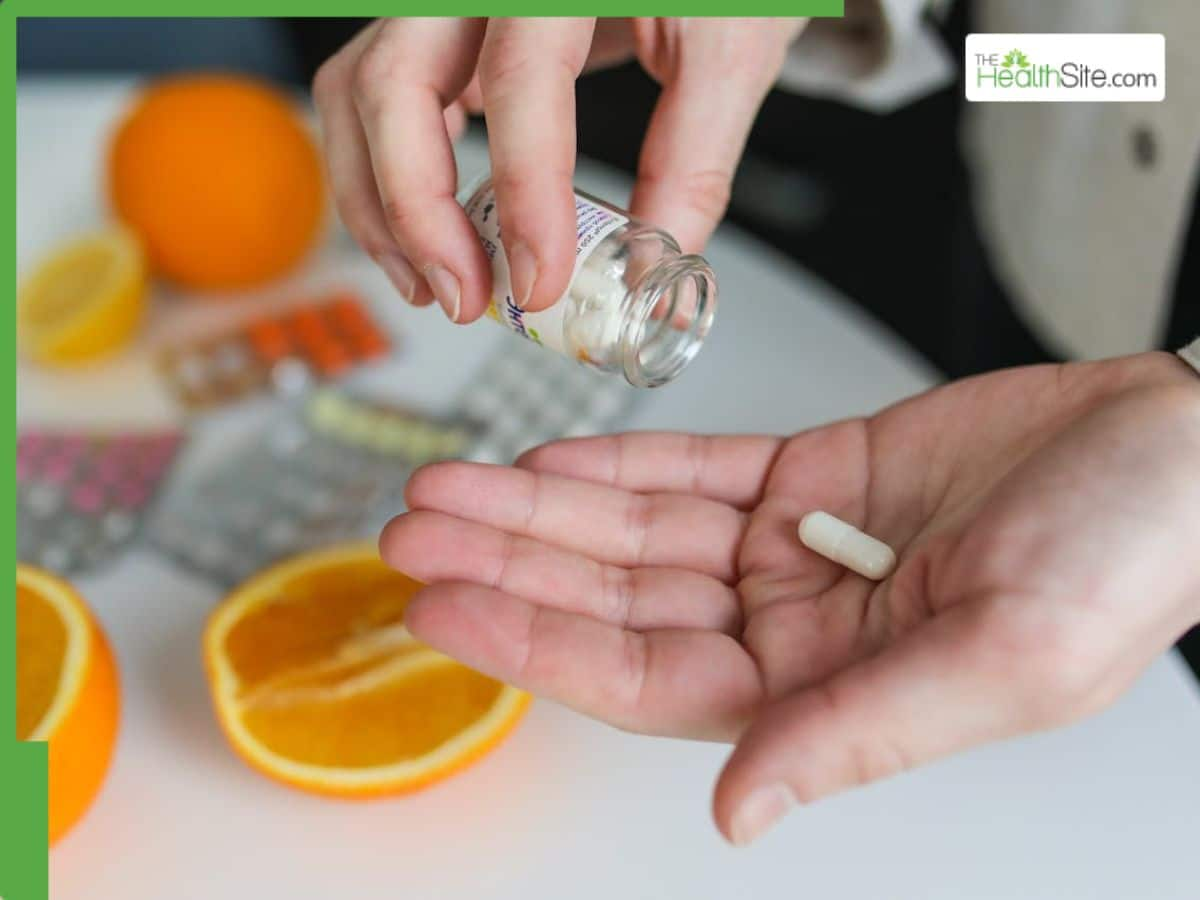Health
Vitamin D Supplementation Could Reverse Biological Age by Three Years

Recent research from Harvard-affiliated scientists suggests that daily supplementation of Vitamin D could potentially reverse biological age by up to three years. The findings, published in the American Journal of Clinical Nutrition, stem from a four-year study known as VITAL, which involved over 1,000 adults.
The study examined the effects of taking 2,000 International Units (IU) of Vitamin D3 daily. This amount is approximately three times the typical daily dose but remains below the upper safe limit of 4,000 IU. Participants who received the Vitamin D supplementation exhibited significantly less DNA damage and showed a slower rate of telomere shortening compared to those who were given a placebo.
Significance of the Research
Dr. JoAnn Manson, the principal investigator of the VITAL study and chief of the Division of Preventive Medicine at Brigham and Women’s Hospital, emphasized the implications of the findings. She stated, “Our findings that vitamin D supplementation preserved telomere length in the VITAL trial suggest a promising role for vitamin D in slowing a pathway for biological ageing and age-related chronic disease.”
Despite the promising results, Dr. Manson highlighted the need for further verification. She noted, “Replication of these results in a separate randomized trial will be important before changing general guidelines for vitamin D intake.”
Recommended Dosages and Safety Concerns
While the study showcases potential benefits, experts caution against excessive Vitamin D intake. The recommended daily intake for most adults ranges from 600 to 800 IU, with common safe dosages falling between 1,000 IU and 2,000 IU. Consuming more than 4,000 IU can lead to health risks, such as hypercalcemia, which may result in nausea, kidney problems, or calcium deposits.
Dr. Manson pointed out the ongoing debate regarding optimal Vitamin D levels, saying, “Blood levels for deficiency and recommended blood levels vary across organizations, labs, and countries, which is one of the reasons for doubt about the test’s usefulness.” For instance, the National Academy of Medicine recommends maintaining a level at or above 20 milliliters (mL), while other organizations suggest aiming for levels of 30 mL or higher.
As research continues, it remains crucial for individuals to approach Vitamin D supplementation with caution and to consult healthcare providers to determine appropriate dosages tailored to their specific health needs.
-

 World5 months ago
World5 months agoSBI Announces QIP Floor Price at ₹811.05 Per Share
-

 Lifestyle5 months ago
Lifestyle5 months agoCept Unveils ₹3.1 Crore Urban Mobility Plan for Sustainable Growth
-

 Science4 months ago
Science4 months agoNew Blood Group Discovered in South Indian Woman at Rotary Centre
-

 World5 months ago
World5 months agoTorrential Rains Cause Flash Flooding in New York and New Jersey
-

 Top Stories5 months ago
Top Stories5 months agoKonkani Cultural Organisation to Host Pearl Jubilee in Abu Dhabi
-

 Sports4 months ago
Sports4 months agoBroad Advocates for Bowling Change Ahead of Final Test Against India
-

 Science5 months ago
Science5 months agoNothing Headphone 1 Review: A Bold Contender in Audio Design
-

 Top Stories5 months ago
Top Stories5 months agoAir India Crash Investigation Highlights Boeing Fuel Switch Concerns
-

 Business5 months ago
Business5 months agoIndian Stock Market Rebounds: Sensex and Nifty Rise After Four-Day Decline
-

 Sports4 months ago
Sports4 months agoCristian Totti Retires at 19: Pressure of Fame Takes Toll
-

 Politics5 months ago
Politics5 months agoAbandoned Doberman Finds New Home After Journey to Prague
-

 Top Stories5 months ago
Top Stories5 months agoPatna Bank Manager Abhishek Varun Found Dead in Well









